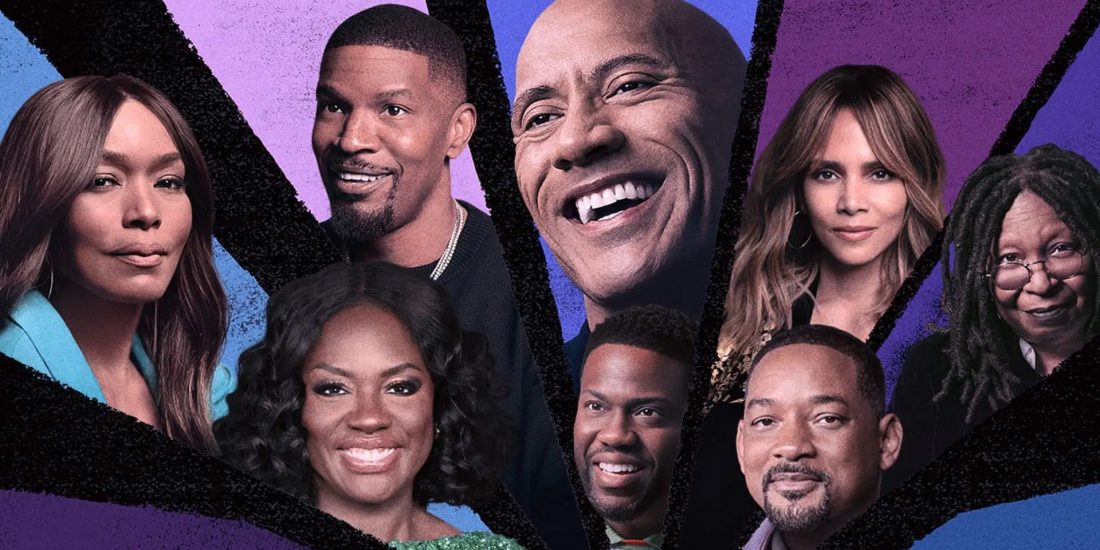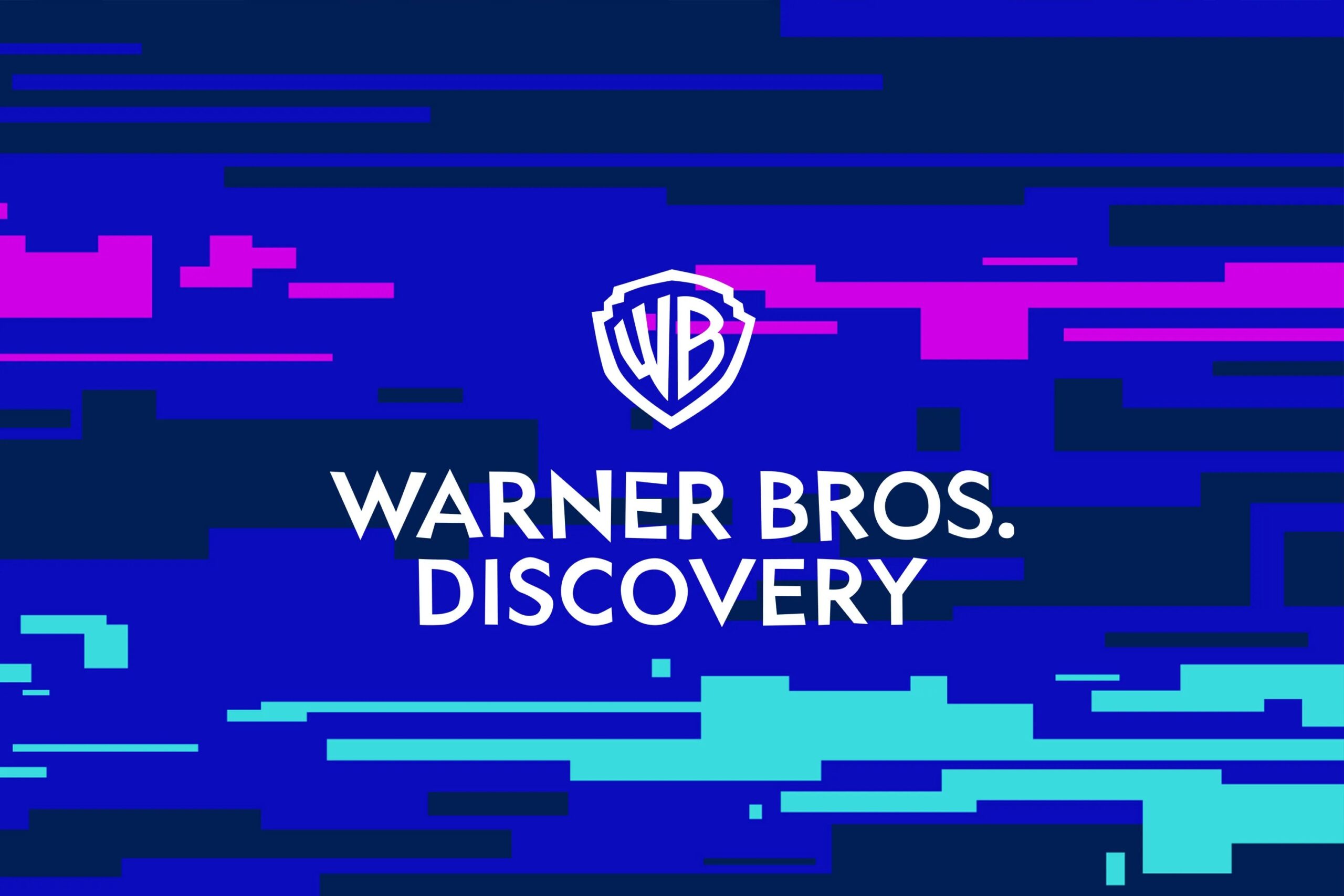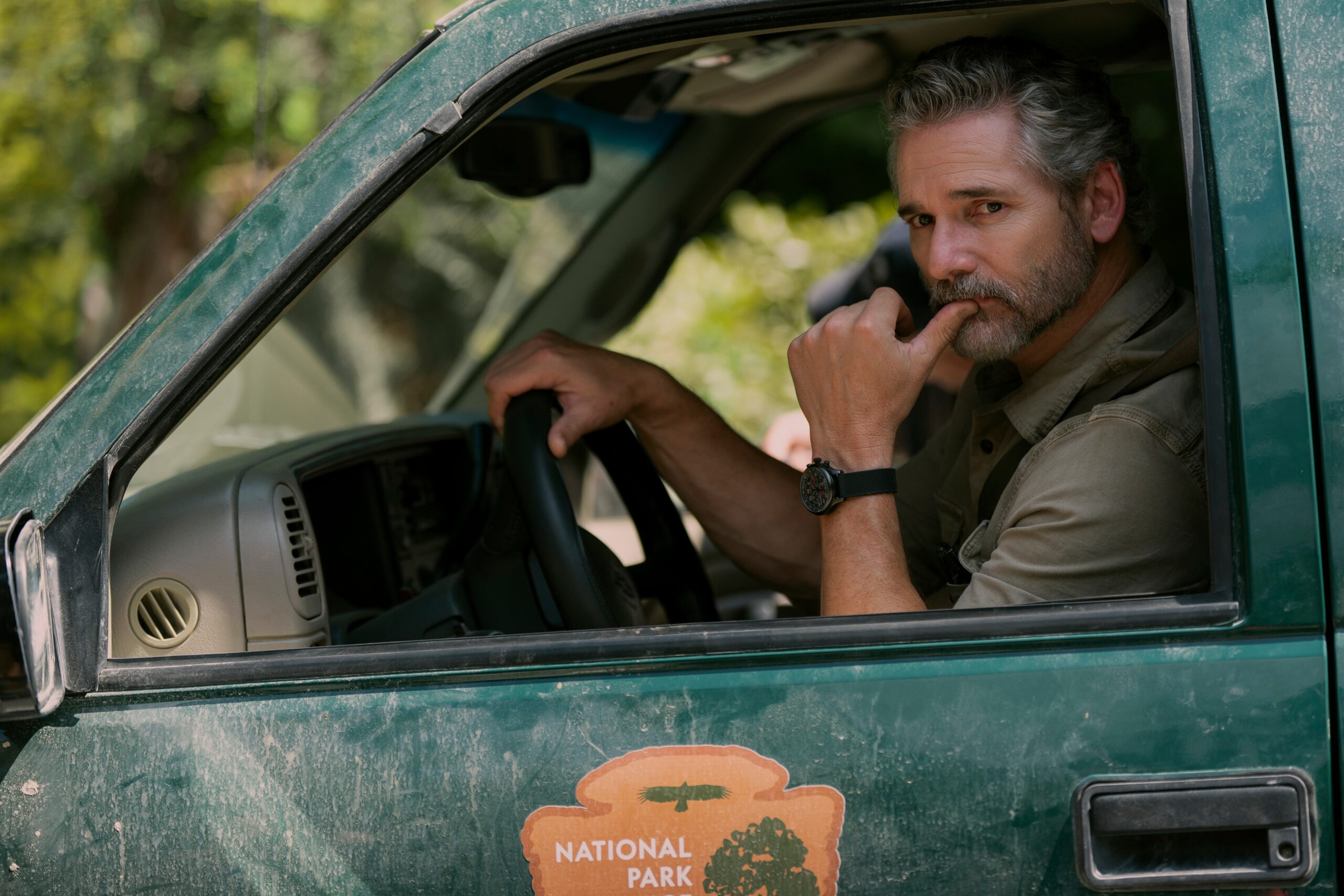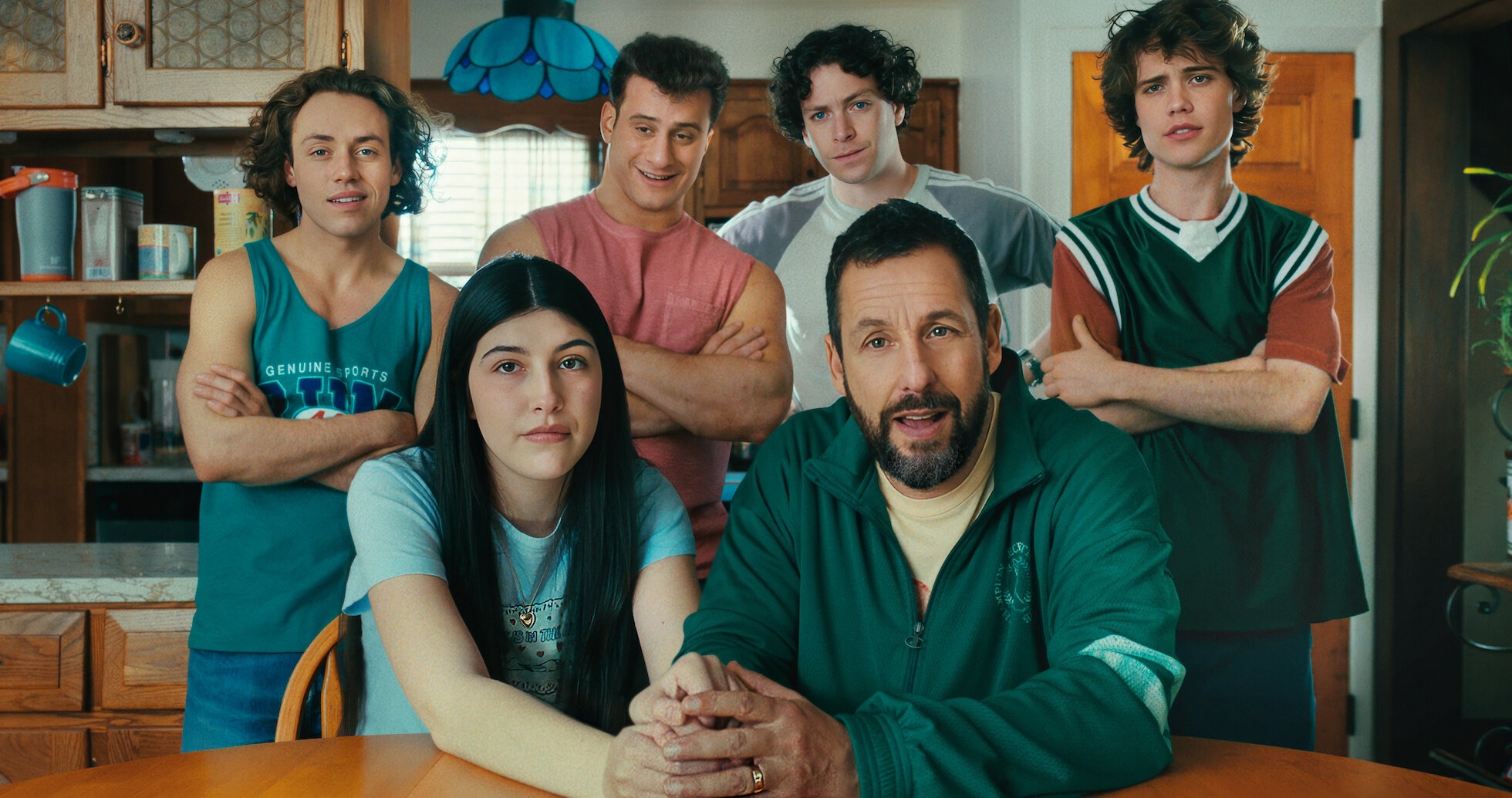A Landmark Docuseries Celebrates Black Leading Stars With Raw, Inspiring Storytelling
Apple TV+ delivers a cultural and cinematic milestone with Number One on the Call Sheet, a two-part docuseries that sets out to celebrate and document the transformative journeys of Black leading men and women in Hollywood. Directed by Reginald Hudlin and Shola Lynch, the series is a groundbreaking, emotionally rich exploration of what it means to rise to the top of the entertainment industry against historical odds.
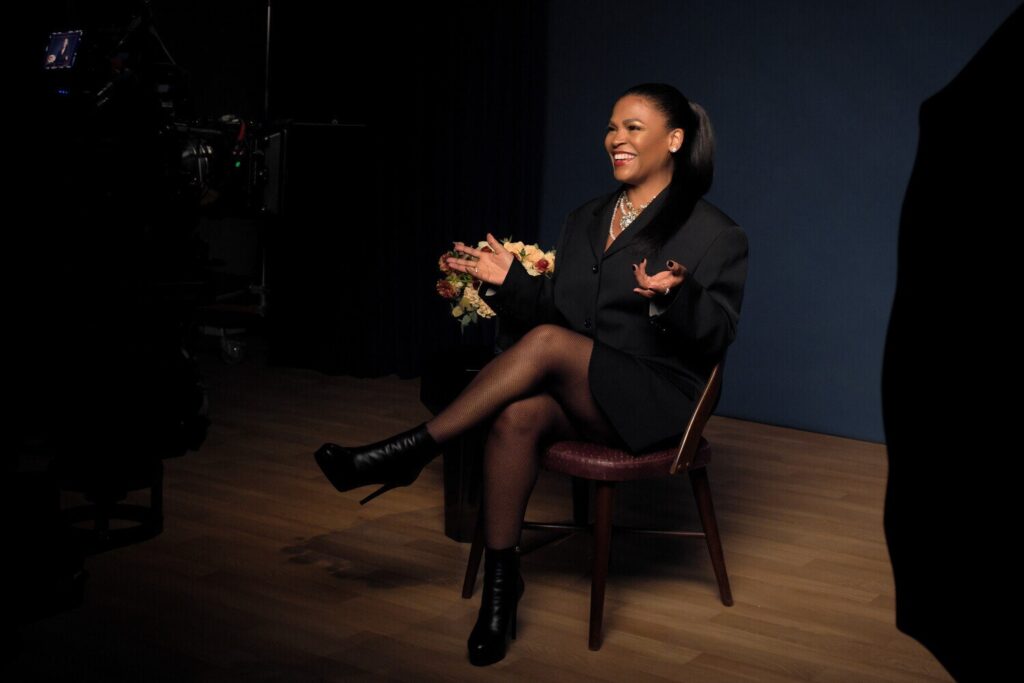
Conceived by Jamie Foxx and Datari Turner in 2019, the concept behind Number One on the Call Sheet was instantly compelling. The title itself—referencing the top-billed actor on a film or television production—becomes a metaphor for visibility, recognition, and leadership in an industry long criticized for its lack of diversity. As the 2025 television landscape swells with content, this docuseries positions itself not as another entry, but as a cultural statement.
Black Excellence on Both Sides of the Camera
Number One on the Call Sheet is produced by Black-led companies—Hartbeat (Kevin Hart) and Foxxhole Productions (Jamie Foxx)—which gives the project a level of authenticity and access rarely seen in Hollywood retrospectives. With over 30 powerhouse names involved, the docuseries features raw, heartfelt interviews with legends including Angela Bassett, Halle Berry, Viola Davis, Denzel Washington, Will Smith, Whoopi Goldberg, and Eddie Murphy.
The project became so expansive that it was split into two films: one focused on Black leading men, helmed by Hudlin, and another centered on Black leading women, directed by Lynch. The decision wasn’t just about screen time; it reflected the nuanced, divergent experiences each group faces in Hollywood.
The Celebratory and the Candid
The series is emotionally layered—part celebration, part reckoning. The male segment pays tribute to trailblazers like Sidney Poitier, while contextualizing the seismic impact of Will Smith’s global stardom. Meanwhile, the women’s section dwells on persistent barriers, with Halle Berry standing as the only Black woman to have ever won the Academy Award for Best Actress in its 97-year history.
Far from being a grievance-filled exposé, the tone is inspirational. Lynch and Hudlin avoid moralizing and instead craft a blueprint of resilience and success. The narratives focus on tenacity, mentorship, legacy, and the unique ways each subject navigated the industry.
A Blueprint for Aspiration
“Here’s a bunch of winners telling you how to win,” says Hudlin. That sentiment is the heartbeat of Number One on the Call Sheet. Rather than prescribing a single method for success, the series illustrates varied paths taken by each individual—paths carved through creativity, strategy, and, often, sheer will.
Lynch echoes that message: “It makes each one of us think, ‘How can we be number one on our own call sheet?'” The rhetorical question resonates far beyond Hollywood. In an era of identity, representation, and purpose-driven work, the series aims to inspire anyone striving for excellence in their field.
A Legacy-Defining Project
Shot over two years starting in 2022, the docuseries arrives not just as another title on Apple TV+, but as a high-water mark for storytelling about race, recognition, and cultural leadership in the entertainment industry. The interviews are intimate, the cinematography restrained but powerful, and the message unequivocal: Black artists have shaped—and continue to define—the narrative of American cinema.
With its timely debut, Number One on the Call Sheet captures both historical reflection and a vision for the future. It isn’t just content; it’s context.
Number One on the Call Sheet is a 2025 American two-part documentary film directed by Reginald Hudlin and Shola Lynch. The film explores the experiences of leading Black actors in Hollywood, with part one centered on Black men and part two on Black women. It was released on March 28, 2025 on Apple TV+.

